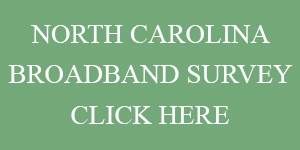Jackson County is committed to providing reliable internet access for all residents. Through grant funding and partnerships with service providers, key programs like the GREAT Grant, Rural Digital Opportunity Fund (RDOF), and Completing Access to Broadband (CAB) are driving high-speed internet expansion across the county.
Stay informed on ongoing initiatives, project updates, and resources that address connectivity challenges and improve digital literacy. Even if your address isn’t listed on a service map, providers may still extend coverage to your area. Explore the Grant Projects below to learn more and get involved in creating a more connected community.
The Jackson County Broadband Committee aims to ensure all residents, businesses, and community organizations have access to high-quality broadband services. We work with local, regional, and state partners to drive broadband expansion, support digital equity, and foster economic and community growth through improved connectivity.
North Carolina Department of Information Technology (NCDIT)
NCDIT manages grants and funding programs to expand broadband infrastructure, promote digital equity, and enhance digital literacy across North Carolina. For details, visit Funding Programs.
Broadband Survey
Help identify areas with inadequate internet access by completing the North Carolina Broadband Survey. Your input will guide state grant investments, inform research and policy, and target future funding. This survey is a partnership between NCDIT and the Friday Institute at NC State University.
